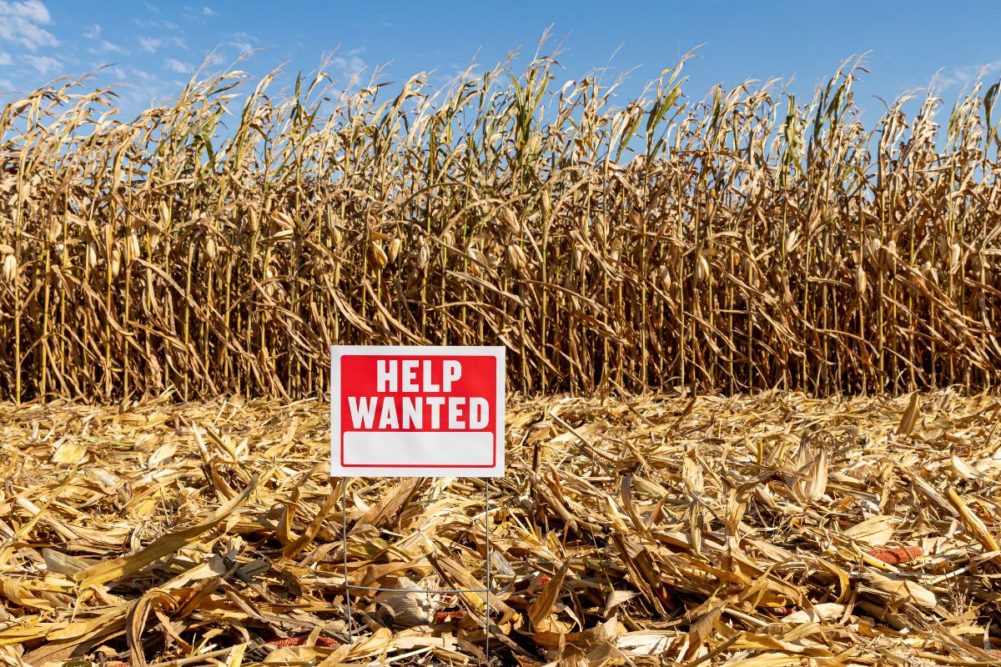JAMAICA | Labor Pains: Jamaica's Agricultural and Tourism Sectors at the Crossroads

KINGSTON, Jamaica, November 23, 2024 - By LenworthThe crisis in Jamaican agriculture extends far beyond mere issues of financing, land availability, or government policy - at its heart lies a fundamental labor challenge that threatens to undermine the entire sector.
This same specter now looms over tourism, where recent labor unrest has prompted calls for a tourism joint industrial council. While this may prove a panacea for the hotel industry's woes, one must ask: why hasn't similar consideration been given to agriculture, which has grappled with chronic labor shortages for over three decades?
The sugar industry stands as a stark testament to this decline. From its heyday in the 1960s, when production peaked at 1,062,000 tons, output has plummeted to a mere 35,000 tons in 2023.
This precipitous fall isn't merely about numbers - it's a story of labor scarcity, flagging productivity, and technological stagnation. While competitors in Brazil and India modernized their operations and leveraged cheaper labor pools, Jamaica found itself producing sugar at 27 cents per pound - three times the 9 cents per pound achieved by these global powerhouses, hamstrung by both labor issues and soaring energy costs.
This crisis isn't unique to Jamaica. Across the developed world, agricultural labor shortages have become endemic, with nations like the USA and Canada implementing formal farm work programs drawing from Jamaica, other Caribbean states, Africa, and South America. As citizens of developed nations increasingly shun agricultural work, even sophisticated mechanization can't fully bridge the gap.

Take the Philippines' coconut industry, where 3.5 million people derive their livelihood from coconut-related work, harvesting an impressive 12 billion nuts annually - dwarfing Jamaica's 2022 output of 126 million.
This disparity sparked controversy when footage emerged from Thailand showing Philippine farmers using trained monkeys capable of harvesting 1,000 coconuts daily - far surpassing a human picker's capacity of 80 nuts.
The ensuing outcry from animal rights activists forced the Philippine government to publicly denounce the practice. This raises an uncomfortable question for Jamaica: might our own use of donkeys and mules as beasts of burden face similar scrutiny in an increasingly ethics-conscious world?
The labor crisis demands a multifaceted response: robust research, reformed legal frameworks, coherent government policies, and aggressive public education. But any solution must reckon with the dark shadow of our past, where the cruel mathematics of cheap labor drove the horrors of slavery and colonial exploitation.
The Zong massacre of 1781 stands as perhaps the most chilling testament to this commodification of human life, when 130 enslaved Africans were thrown into shark-infested waters off Black River's coast - sacrificed for insurance money by traders who viewed them not as humans but as cargo.
The successful insurance claim in Britain, justified on the grounds that these souls were mere "cargo" to be jettisoned at will, laid bare the brutal calculus of colonial labor economics.
 Today's hotel industry must not be allowed to metaphorically dock its own Zong along Jamaica's pristine coastlines. While the methods may be less brutal, the fundamental devaluation of labor through low wages and poor treatment demands vigilant intervention from both government and trade unions.
Today's hotel industry must not be allowed to metaphorically dock its own Zong along Jamaica's pristine coastlines. While the methods may be less brutal, the fundamental devaluation of labor through low wages and poor treatment demands vigilant intervention from both government and trade unions.
Since independence in 1962, Jamaica has built robust labor protections - from the Industrial Dispute Tribunal to trade union rights and equal pay legislation - gains that must be zealously guarded.
In navigating this labor conundrum, Jamaica must resist the siren song of marketing itself as a low-wage destination where workers' rights take a back seat to profit. We cannot allow our workforce to suffer from what might be called "paradise blindness" - where hotel employees and foreign farm workers convince themselves they're living the dream while enduring exploitation.
The Ministry of Labour and Social Security's apparent preference for foreign employment programs over domestic labor force development is troubling. Meanwhile, trade unions seem to have forgotten the fighting spirit of their founders - Sir Alexander Bustamante, Norman Manley, and Michael Manley, whose legacies demanded dignity for all workers.
A nation's trained workforce represents its most vital economic asset. This human capital must be protected through sound policies, enforceable laws, and equitable contracts - not sacrificed to a modern psychomacy where workers' bodies are stressed while their minds and souls remain in dissonance. The stakes are too high to allow Jamaica's labor standards to erode in any sector, be it agriculture, tourism, or beyond.
-30-
